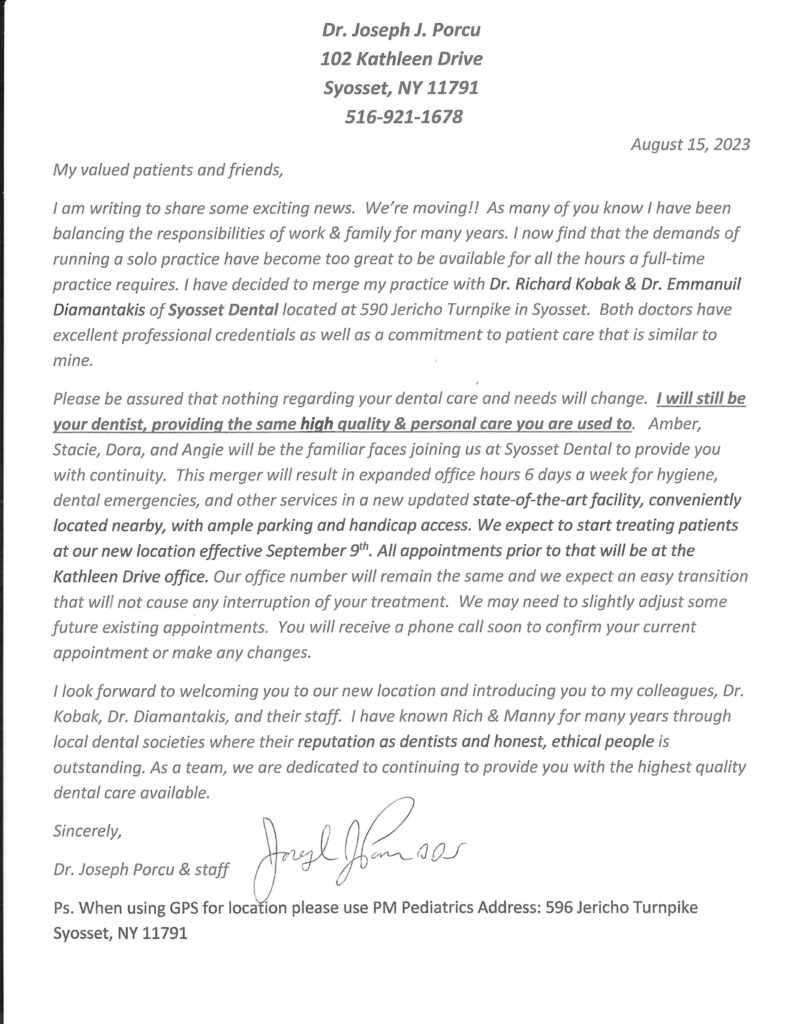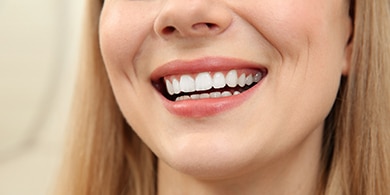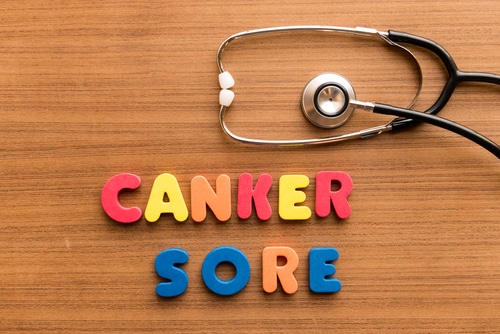 Canker sores can be painful, sometimes making it difficult for you to eat, brush your teeth, and perform other daily tasks that you wouldn’t otherwise think about – like talking. There are two different types of these ulcers; “simple” and “complex.” While they’re both undoubtedly uncomfortable, knowing which type of canker sore you have could help you determine what is causing these painful lesions. Typically, these sores can heal without treatment within one to two weeks, but, if they persist, it may be time to consult with your dentist. Knowing the cause behind your canker sores will help you to take the proper measures to avoid them. (more…)
Canker sores can be painful, sometimes making it difficult for you to eat, brush your teeth, and perform other daily tasks that you wouldn’t otherwise think about – like talking. There are two different types of these ulcers; “simple” and “complex.” While they’re both undoubtedly uncomfortable, knowing which type of canker sore you have could help you determine what is causing these painful lesions. Typically, these sores can heal without treatment within one to two weeks, but, if they persist, it may be time to consult with your dentist. Knowing the cause behind your canker sores will help you to take the proper measures to avoid them. (more…)
How To Prevent Cavities
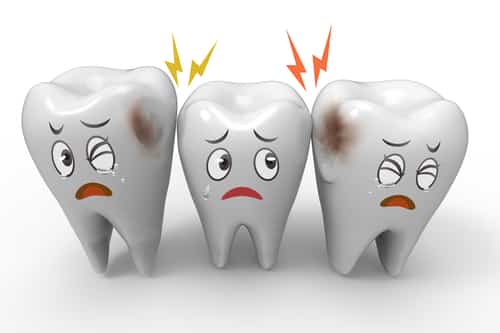 A cavity begins when bacteria breaks through the enamel on your tooth. If left untreated, the bacteria can spread and affect the inner layers, pulp, and nerve of your tooth. However, there are several things you can do to keep this from happening to any of your teeth. In many cases with younger patients, dentists may recommend dental sealants – a thin, plastic cover over the chewing surfaces of your molars. Adults can benefit from sealants as well, but there are also many other ways to prevent cavities that could prove to be just as helpful. (more…)
A cavity begins when bacteria breaks through the enamel on your tooth. If left untreated, the bacteria can spread and affect the inner layers, pulp, and nerve of your tooth. However, there are several things you can do to keep this from happening to any of your teeth. In many cases with younger patients, dentists may recommend dental sealants – a thin, plastic cover over the chewing surfaces of your molars. Adults can benefit from sealants as well, but there are also many other ways to prevent cavities that could prove to be just as helpful. (more…)
3 Benefits Of Tooth-Colored Fillings
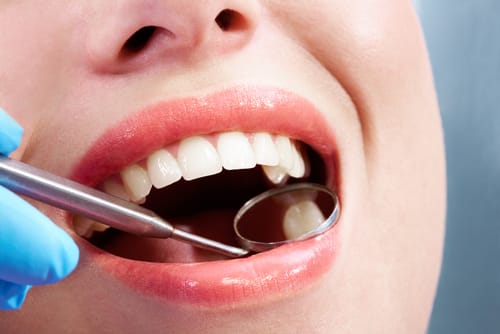 The days of silver fillings (amalgam) are over! Although they are still considered safe, there are many disadvantages to getting a silver dental filling. With the advancement of dentistry, tooth-colored fillings are now a great restorative option for your damaged tooth. These fillings are made out of a composite-resin material that is even safer since it doesn’t contain any heavy metals (like mercury). The list of benefits for these composite-resin dental fillings is extensive – ranging from esthetic appeal to the added strength they’re able to give damaged teeth. If you have a cavity and are looking to schedule your appointment to get a filling, consult with your dentist about the benefits of using a composite-resin material. (more…)
The days of silver fillings (amalgam) are over! Although they are still considered safe, there are many disadvantages to getting a silver dental filling. With the advancement of dentistry, tooth-colored fillings are now a great restorative option for your damaged tooth. These fillings are made out of a composite-resin material that is even safer since it doesn’t contain any heavy metals (like mercury). The list of benefits for these composite-resin dental fillings is extensive – ranging from esthetic appeal to the added strength they’re able to give damaged teeth. If you have a cavity and are looking to schedule your appointment to get a filling, consult with your dentist about the benefits of using a composite-resin material. (more…)
Could Dental Implants Help You?
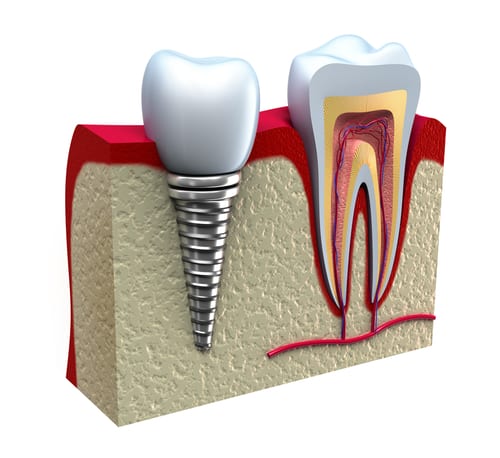 If you’ve lost a tooth (or multiple teeth) to disease, injury, or other problems, you may be considering different restoration methods. In recent years, dental implants have become increasingly popular. These “new teeth” closely resemble your natural teeth structurally, cosmetically, and functionally. Just as a natural tooth has a root and a crown – an implant does, too, although its root resembles a titanium screw. The titanium material is able to fuse directly with your jaw bone once the implant is placed. This process usually takes three to six months, but afterwards – you’ll have a fully-functioning smile again! (more…)
If you’ve lost a tooth (or multiple teeth) to disease, injury, or other problems, you may be considering different restoration methods. In recent years, dental implants have become increasingly popular. These “new teeth” closely resemble your natural teeth structurally, cosmetically, and functionally. Just as a natural tooth has a root and a crown – an implant does, too, although its root resembles a titanium screw. The titanium material is able to fuse directly with your jaw bone once the implant is placed. This process usually takes three to six months, but afterwards – you’ll have a fully-functioning smile again! (more…)
Can Sugar-Free Drinks Damage Your Teeth?
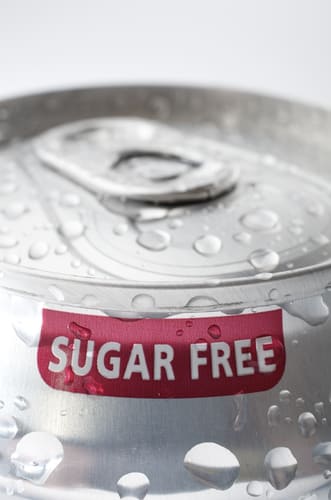 You probably understand the link between sugar and tooth decay, but did you know that sugar-free drinks can be just as damaging to your teeth? Acid is formed when sugar comes in contact with plaque or tartar on our teeth, eventually leading to tooth decay. However, the lack of sugar in these drinks does not typically affect their pH level – which measures the acidity of the drink. The acidity of sugar-free drinks can still damage your tooth enamel and erode its inner layers. How do you know when a food or drink product is safe for your teeth? (more…)
You probably understand the link between sugar and tooth decay, but did you know that sugar-free drinks can be just as damaging to your teeth? Acid is formed when sugar comes in contact with plaque or tartar on our teeth, eventually leading to tooth decay. However, the lack of sugar in these drinks does not typically affect their pH level – which measures the acidity of the drink. The acidity of sugar-free drinks can still damage your tooth enamel and erode its inner layers. How do you know when a food or drink product is safe for your teeth? (more…)
What Are The Benefits Of A Dental Crown?
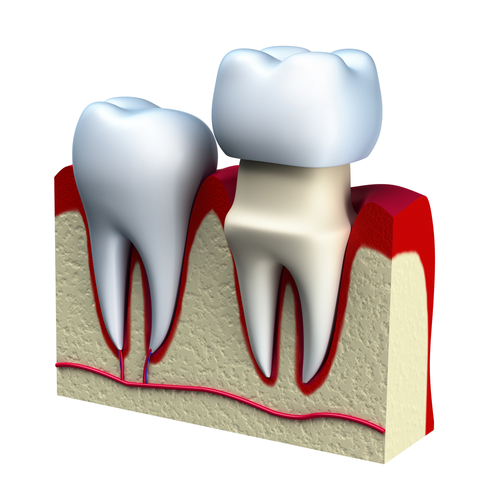 You may need a dental crown for a variety of reasons – to protect a broken tooth, to protect teeth weakened from large or deteriorated old fillings, to cover a dental implant, to support a dental bridge or for cosmetic reasons. In the past, dental crowns have been made out of materials like gold or silver. Now, they are made out of more natural-looking material such as porcelain, or in some cases, zirconia. Typically, when you smile you’re able to see the damaged tooth. Using these tooth-colored materials makes for a seamless smile! (more…)
You may need a dental crown for a variety of reasons – to protect a broken tooth, to protect teeth weakened from large or deteriorated old fillings, to cover a dental implant, to support a dental bridge or for cosmetic reasons. In the past, dental crowns have been made out of materials like gold or silver. Now, they are made out of more natural-looking material such as porcelain, or in some cases, zirconia. Typically, when you smile you’re able to see the damaged tooth. Using these tooth-colored materials makes for a seamless smile! (more…)
How Does Preventive Dentistry Work?
 If your teeth aren’t properly taken care of, they can become decayed and susceptible to infection – potentially leading to tooth loss. However, practicing proper oral hygiene and visiting your dentist to ensure your teeth are strong and healthy can prevent infections such as periodontitis. Your dentist may periodically recommend x-rays and oral cancer screenings – rest assured this is to maximize your oral health. Typically, if you have an issue like infection or oral cancer, the earlier your dentist is able to identify it, the earlier you’re able to treat it. (more…)
If your teeth aren’t properly taken care of, they can become decayed and susceptible to infection – potentially leading to tooth loss. However, practicing proper oral hygiene and visiting your dentist to ensure your teeth are strong and healthy can prevent infections such as periodontitis. Your dentist may periodically recommend x-rays and oral cancer screenings – rest assured this is to maximize your oral health. Typically, if you have an issue like infection or oral cancer, the earlier your dentist is able to identify it, the earlier you’re able to treat it. (more…)
Are You Dreaming Of A White Smile?
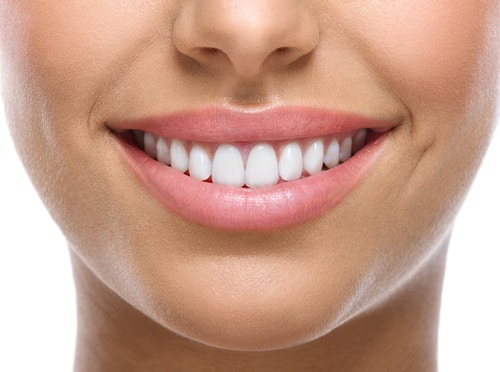 Professional teeth whitening sure has its perks, and could be a great holiday gift! Are you dreaming of a white smile? Although an in-office treatment is the most efficient when it comes to whitening, it may not be for everyone so you do have other options. A kit that can be purchased at your local grocery store or pharmacy, for example, can be more cost effective. So, if you’re looking for something you can do at home, don’t rule out your dentist just yet! They may have an option where you can take home whitening trays that have numerous benefits. You have so many options – what will it be this holiday season? (more…)
Professional teeth whitening sure has its perks, and could be a great holiday gift! Are you dreaming of a white smile? Although an in-office treatment is the most efficient when it comes to whitening, it may not be for everyone so you do have other options. A kit that can be purchased at your local grocery store or pharmacy, for example, can be more cost effective. So, if you’re looking for something you can do at home, don’t rule out your dentist just yet! They may have an option where you can take home whitening trays that have numerous benefits. You have so many options – what will it be this holiday season? (more…)
Should You Change Your Diet To Help Your Teeth?
 With Thanksgiving so closely behind us and more holidays just on the horizon, we want to take time to educate our patients about preventive dentistry and how your diet can affect the health of your teeth. The meal you ate in observance of the holiday last week was chewed with your teeth – did you eat more stuffing and cheesecake than you did green beans and turkey? Should you change your diet to help your teeth? We know how delicious it is, but if this is a regular meal for you, you could be harming your teeth with the food you’re consuming. (more…)
With Thanksgiving so closely behind us and more holidays just on the horizon, we want to take time to educate our patients about preventive dentistry and how your diet can affect the health of your teeth. The meal you ate in observance of the holiday last week was chewed with your teeth – did you eat more stuffing and cheesecake than you did green beans and turkey? Should you change your diet to help your teeth? We know how delicious it is, but if this is a regular meal for you, you could be harming your teeth with the food you’re consuming. (more…)
What Happens After You Lose Teeth?
 Unfortunately, we can lose teeth to gum disease, decay, or facial injury. Lost teeth directly affects how you speak, chew, and how confident you are. In addition to the benefits of restoring your tooth (or teeth), you can also prevent your face from changing shape and your teeth from shifting to fill the current gaps in your mouth. If your teeth shift, your bite will most likely be affected and become misaligned – which could potentially lead to a whole other set of problems. Are you wondering what happens after you lose teeth? Well, the answer is up to you – what are you going to do? (more…)
Unfortunately, we can lose teeth to gum disease, decay, or facial injury. Lost teeth directly affects how you speak, chew, and how confident you are. In addition to the benefits of restoring your tooth (or teeth), you can also prevent your face from changing shape and your teeth from shifting to fill the current gaps in your mouth. If your teeth shift, your bite will most likely be affected and become misaligned – which could potentially lead to a whole other set of problems. Are you wondering what happens after you lose teeth? Well, the answer is up to you – what are you going to do? (more…)
